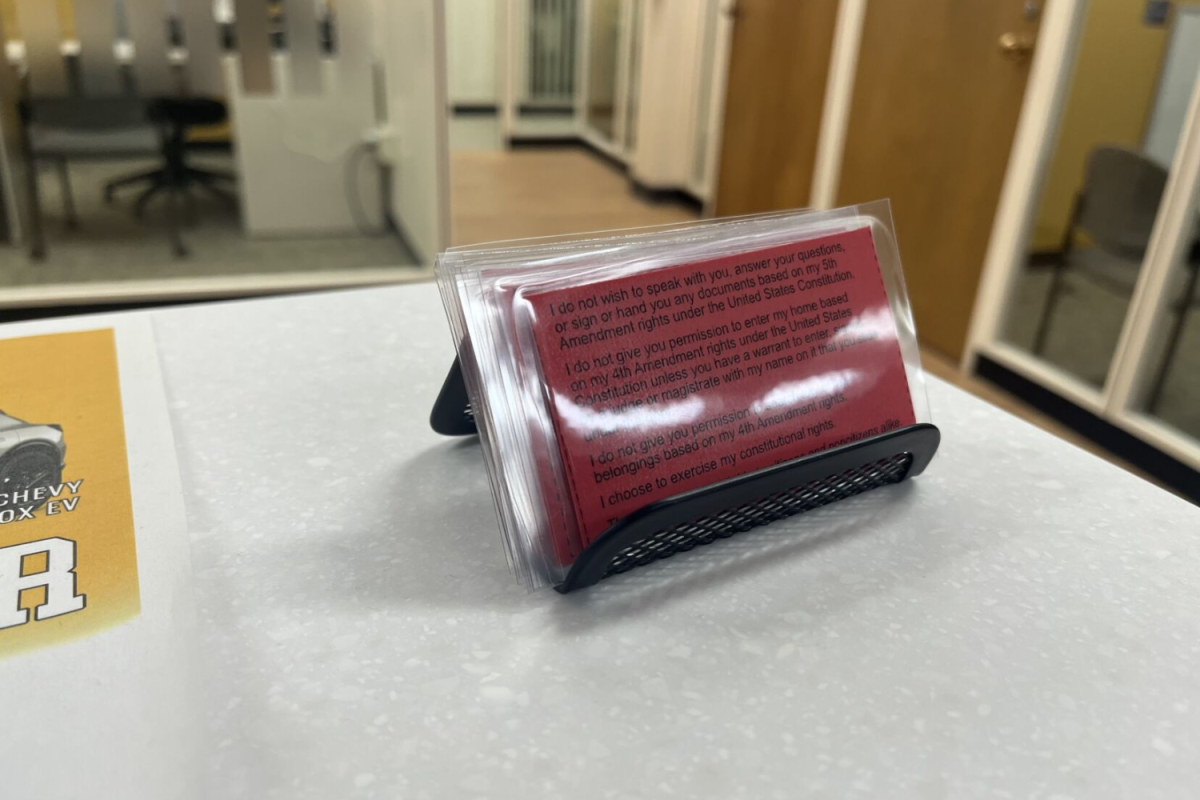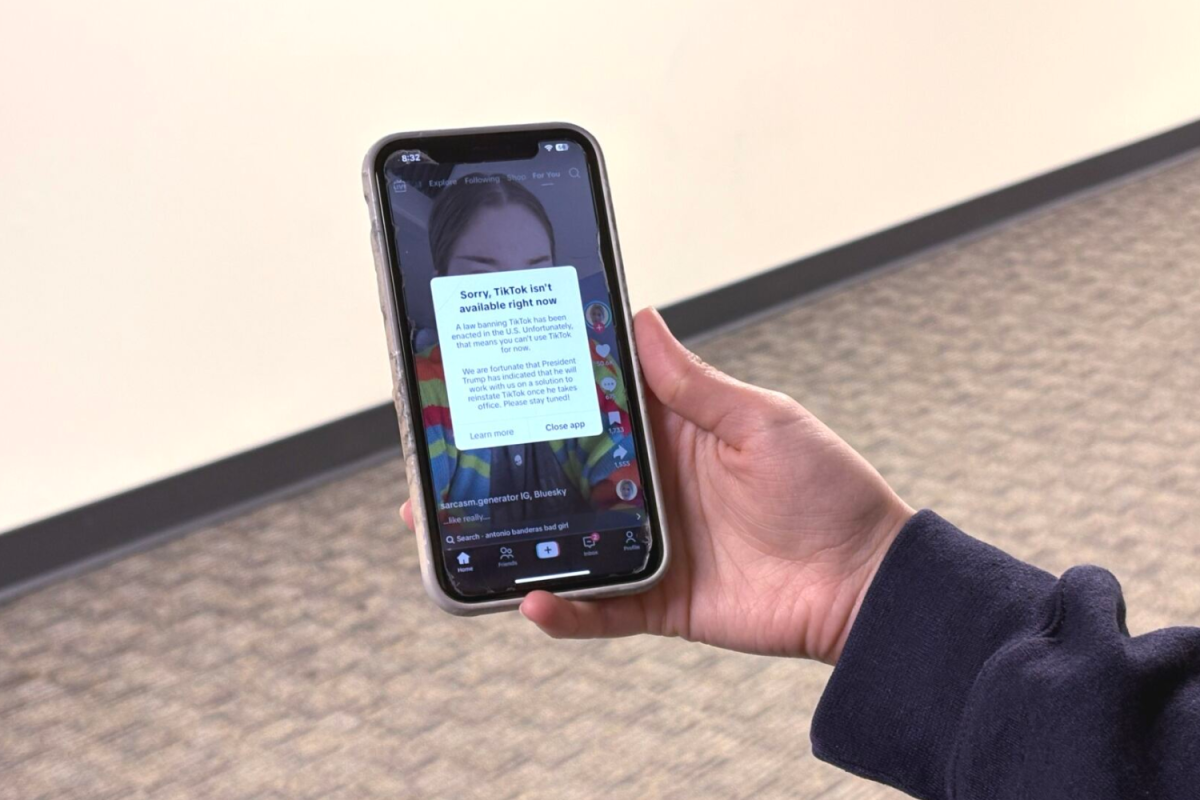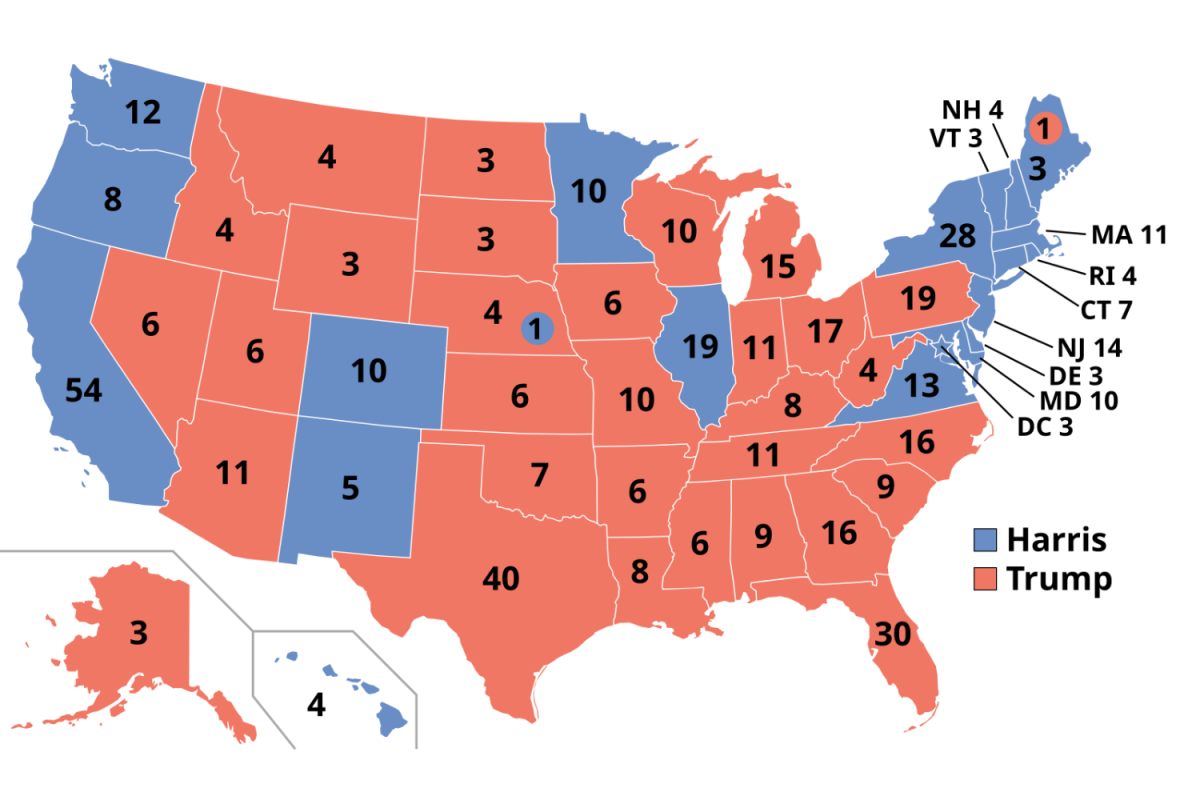A Discussion With Dining Services
April 14, 2016
When you first started at Baldwin Wallace, you searched for food desperately, eventually landing yourself in one of the dining locations on campus. While at first the options seemed limitless, the dining hall threatening, and the people foreign, you have learned that this is your second home. And it is not your parents’ cooking anymore.
Because the majority of BW students find themselves searching for food options that are swipe-able, the food provided by Dining Services becomes a central part of student lives. This is why we are taking a deeper, behind the scenes look at Dining Services and examining students’ concerns, complaints, and comments.
Matt Regula, the assistant director of the Union dining hall, explained that Dining Services is self-operated and not a contracted service, meaning that though they are part of The National Association of College & University Food Services (NACUFS), the entire operation is left up to our own Dining Services. NACUFS is just a way for BW to share ideas and information with other colleges and their Food Services.
Regula noted the privilege it is to have a staff dietician, whereas other schools do not have this luxury. The staff dietician, Marie Oravec, is in charge of nutritional analysis of provided foods, various in-progress initiatives, and the handling of special dietary needs on campus.
“It would be wonderful to see the selection of food increased,” Freshman Mara Mignogna said. “For students with dietary restrictions, there are a very limited number of options and it can be tiresome for them to perpetually only eat these foods.”
According to Regula, Oravec makes sure that the food offering has enough variety to satisfy people who may be vegetarian, vegan, gluten-free, or have certain allergies. These are things that Dining Services attempts to include in the daily selection.
He added, “Anything more specific, we can tailor or customize the meal plan…We’ll work with the student, perhaps involving a one-on-one meeting with the dietician as well as a personalized meeting with the culinary staff.”
A major concern for students is a push to have a variety of healthy foods. Freshman Allison McCurdy bargained for healthier options that aren’t salads.
“I feel like salads are kind of a cop out response when people request healthier foods,” she said.
Regula commented that, “Students comment that they want healthy, healthy, healthy, but they need to define it because healthy is different to each individual person.”
To address the needs for healthier options, Regula explained Oravec’s upcoming fall initiative “Eat This, Not That,” where students will be presented healthy alternatives to options that are perhaps unhealthier. He explained that a lot of students come in with limited ideas on how to eat healthy, so this initiative will allow Dining Services to act as an educator, showing students there are many ways to eat healthy besides just eating salads.
As “Eat This, Not That” is Oravec’s project, he couldn’t give many specifics but assured that, “This is the luxury of having a dietician on staff…I can know a task like this will be in the right hands.”
Another concern for students is offering more variety, less typical American food, more international and cultural tastes, all in a healthier way.
“The food, in my limited experience, is your general fried food stuff like chicken tenders and cheese sticks,” an anonymous student said. “You can get burgers and pasta, or even a salad if you want, but it’s all pretty basic stuff. To be fair, this is just a cafeteria. Asking them to have a bunch of esoteric specialized dishes around all the time in large quantities would be a little ridiculous. But eating all that stuff day in, day out can make you start to feel a little gross.”
Regula said, “The hardest thing to do here is to please everybody. That’s never going to happen, but we need to listen to the needs of the students and the staff and be able to come up with a variety that at least satisfies some of those needs.”
One way that Dining Services has made some progress already is the increase in frequency of the farmer’s market, composting and reducing their carbon footprint to create fertilizer from discarded food. In the future, Dining Services hopes to make a push towards more scratch recipes, an enlivening change in the Grab N’ Go menu, more local sourcing, more options for those with dietary needs and adding more things with international flavors.
Junior David Heney said, “Overall, I think the Union does a pretty good job at making sure that there’s something for everyone.”






























